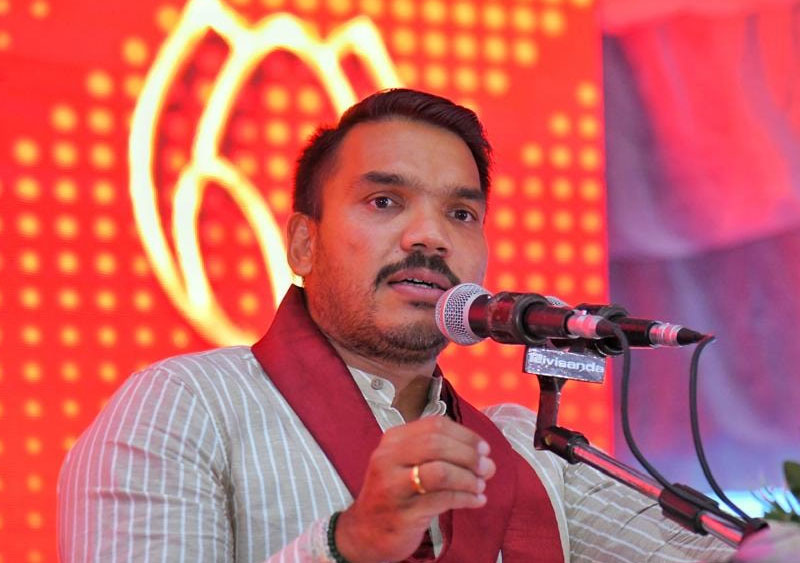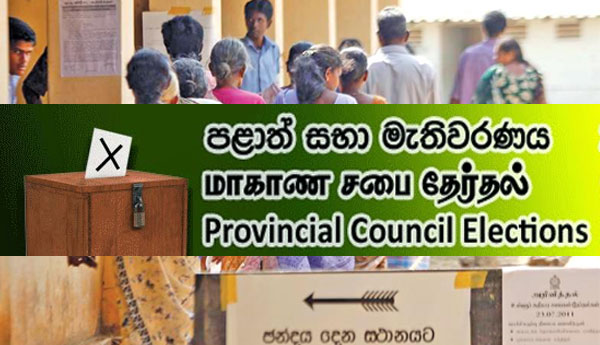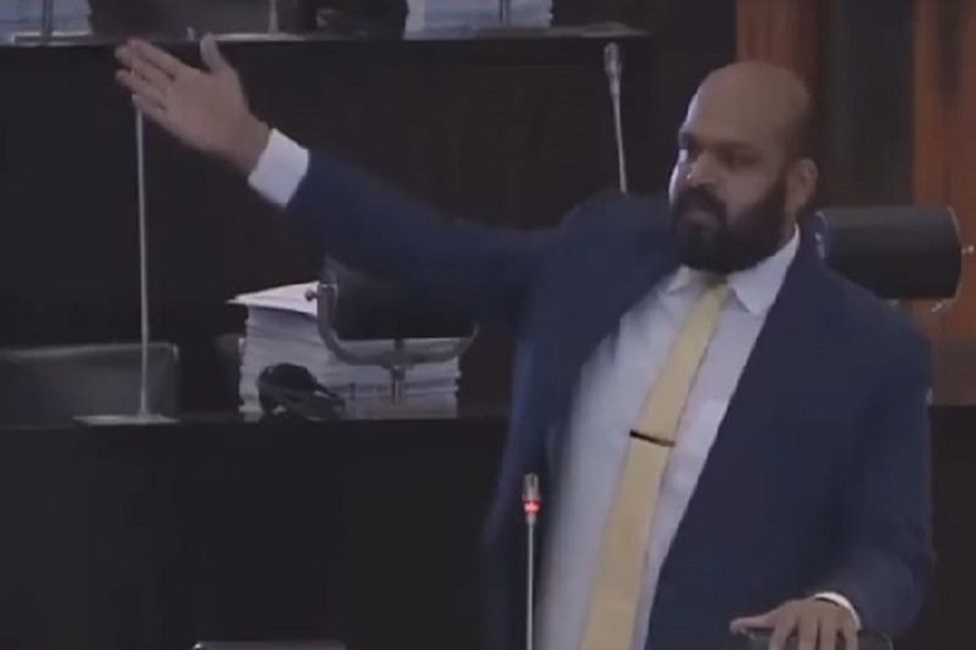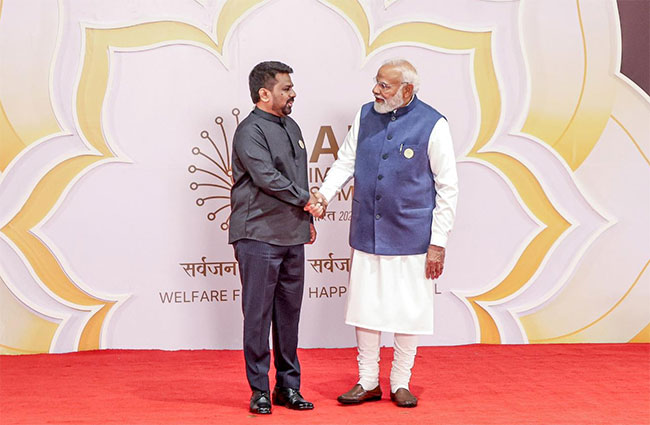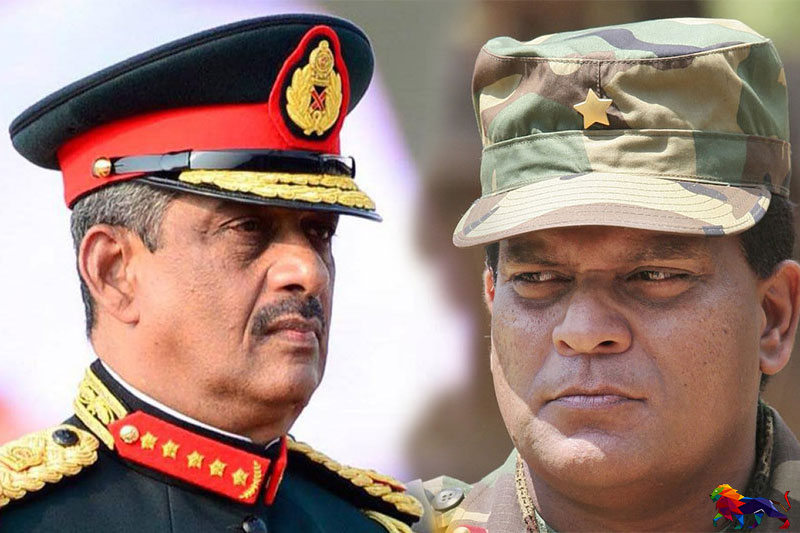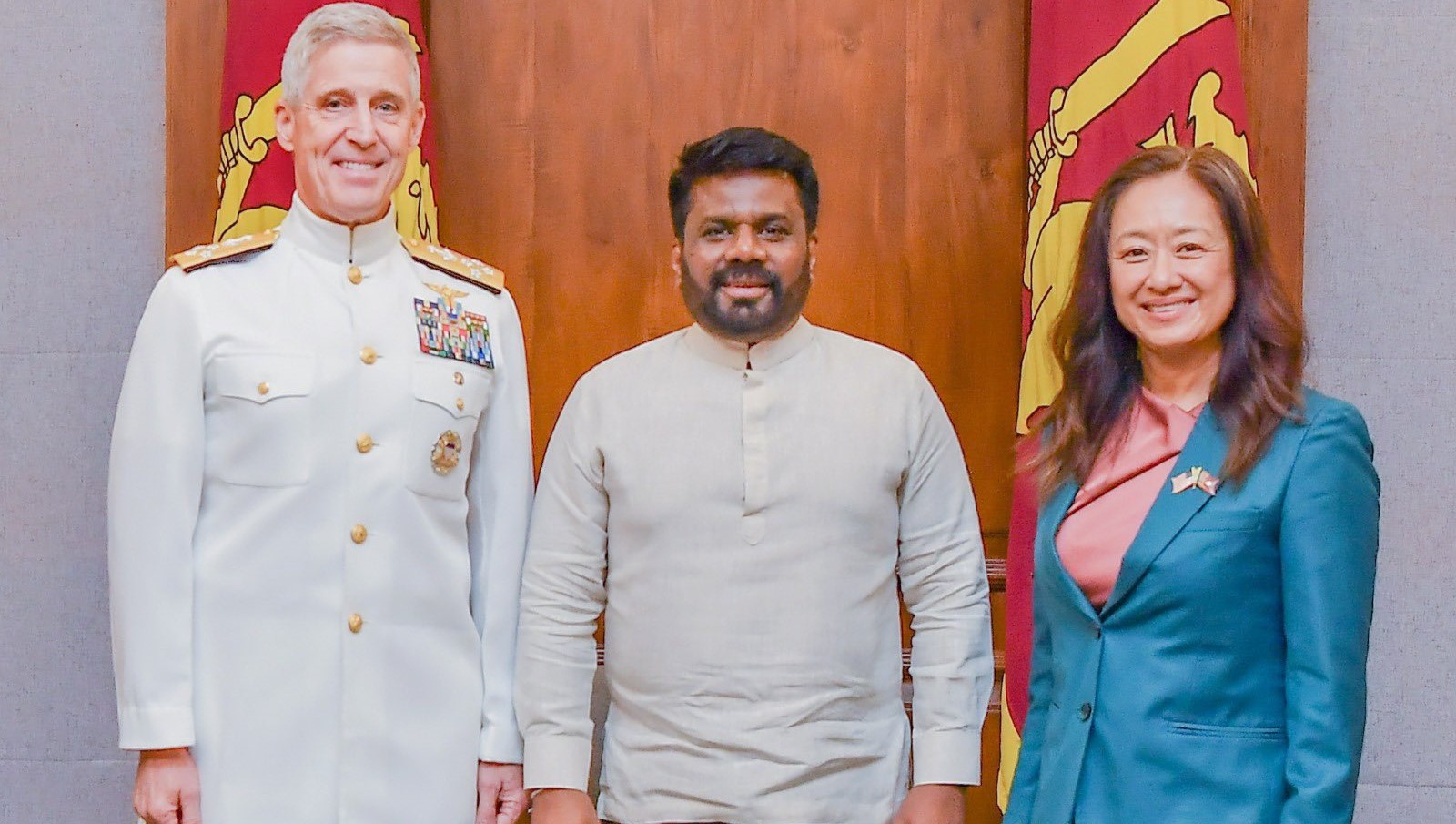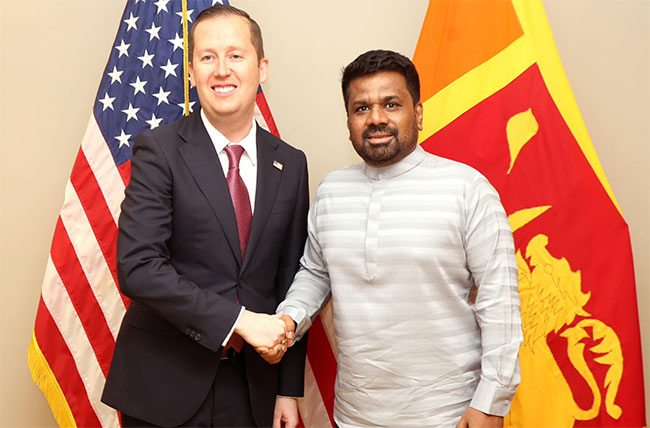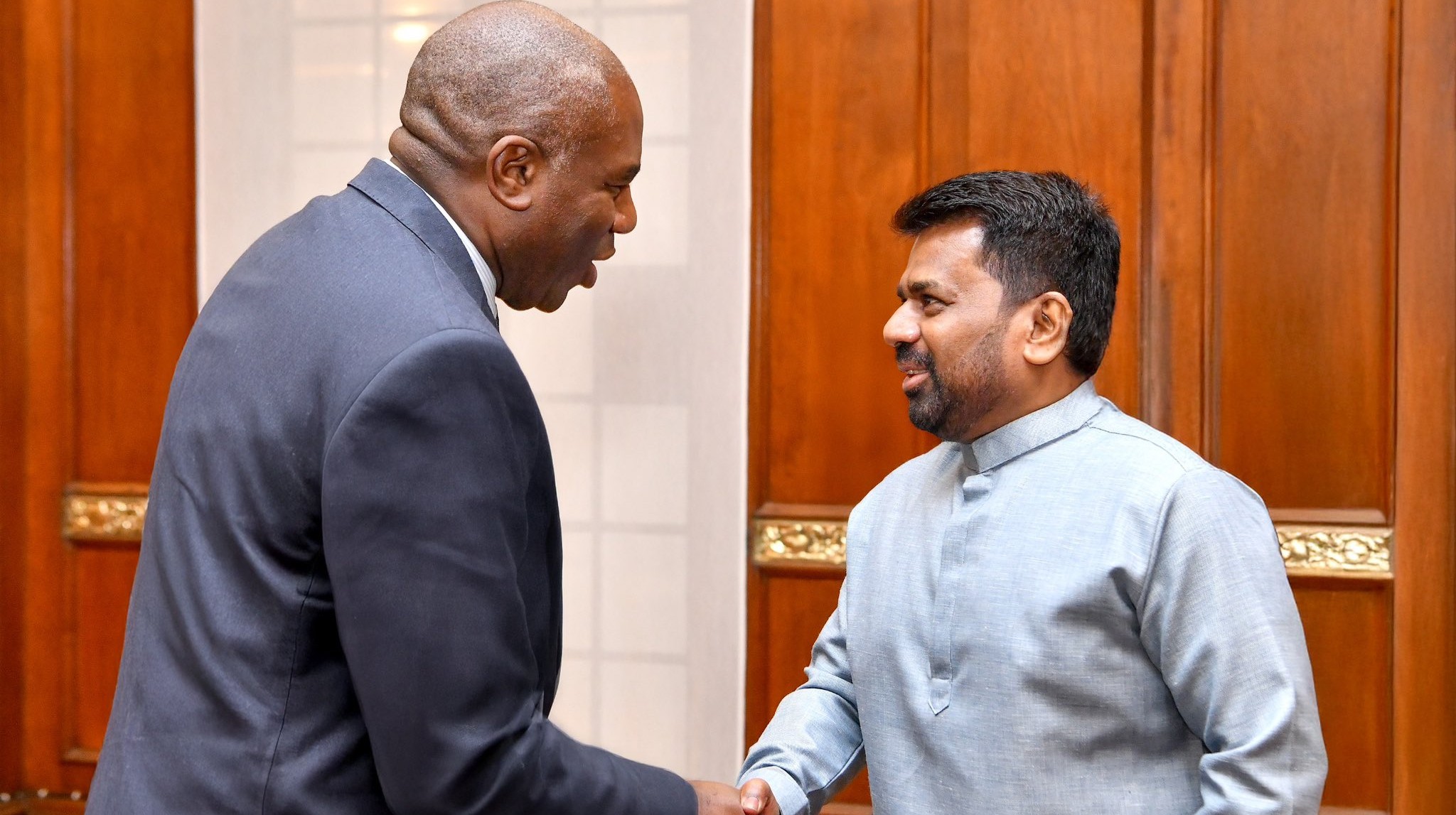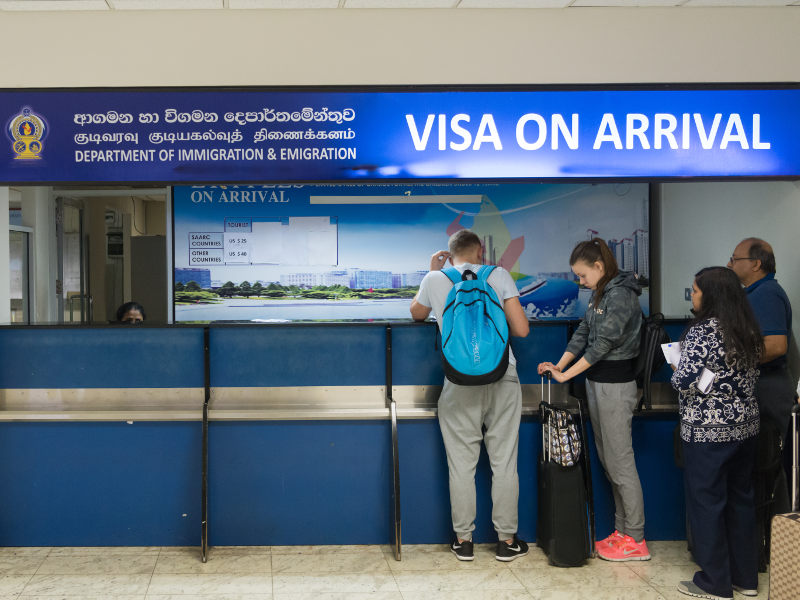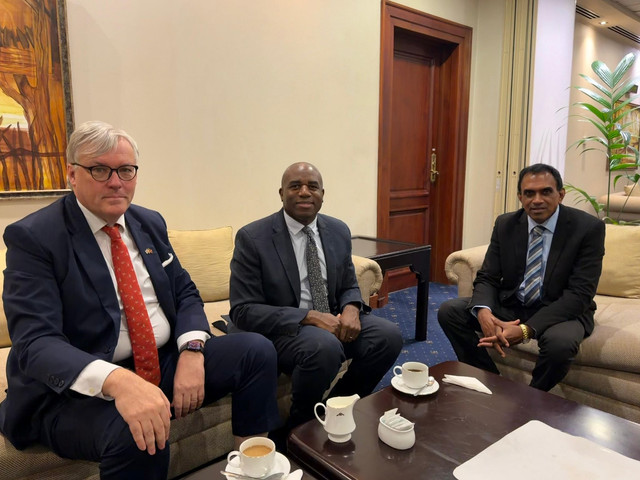The Cambridge Union has cancelled a scheduled speaking engagement featuring Namal Rajapaksa following sustained pressure from sections of the Tamil diaspora in the United Kingdom.
The decision was announced after what the Union described as “urgent and serious discussions.” In a statement, it said it did not believe “a balanced and open discussion on this subject” was possible at present.
The invitation had prompted coordinated opposition from Tamil student organisations across the UK. The groups accused both the Cambridge Union Society and the Oxford Union of providing a platform to a representative of the Rajapaksa political family, whom they hold responsible for alleged wartime abuses during the final phase of Sri Lanka’s armed conflict.
Among the allegations cited by campaigners were the shelling of civilian-designated “No-Fire Zones,” enforced disappearances, and systematic sexual violence.
While the Cambridge event has been called off, Rajapaksa remains scheduled to address the Oxford Union on 25 February.


